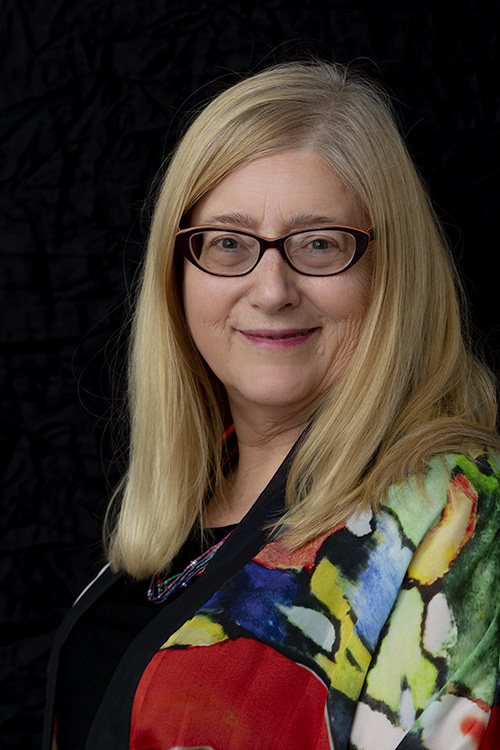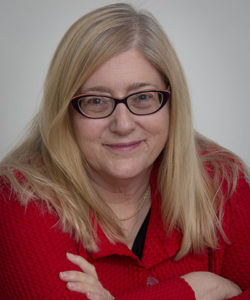See It Then Be It
Geena Davis did not worry about all those stories of movie roles drying up for women in their forties, until it was her turn. After making a movie every year throughout her career, and starring in huge box office hits like Thelma and Louise and A League of Their Own, the actress made one movie in all of her forties.
Just one.
And, she says, it was not because she was fussy.
Then, after her daughter was born, Davis realized how few female characters there were in children’s programming. Davis started talking with friends in the industry about these issues, but few had noticed. The shortage of females onscreen (and especially older females) seemed to be an invisible problem. Davis sponsored the largest study ever undertaken on depictions of gender in children’s television and G rated films. The results of the study showed there were three male speaking roles for every female role, and only 17% of people in crowd scenes were female. According to Davis, the ratios have not changed since 1946. One reason may be that studio decision makers are still overwhelmingly white men, with the exception of Donna Langley, the very successful chief of Universal Pictures. And yet, unlike the representation of women in Congress, the representation of women in the media could be changed instantly.
Davis believes that if we represent women in the media in realistic numbers, acting in powerful and interesting ways, it will change how society views women and change our role in the culture. She has evidence for this claim from her own career: One study showed that people who watched Davis star as President of the United States in the 2005 show Commander in Chief were 67% more likely to vote for a female presidential candidate than before they watched the show. Davis decided to use her financial resources and her status in the industry to advocate for change. In 2004, she founded the Geena Davis Institute, which conducts research and advocates for greater representation of women and racial minorities in television and movies. Because of her prominence, Davis has access to people all over the entertainment industry, and has quiet conversations about unconscious bias whenever she can. When the bias is conscious, though, Davis is prepared for confrontation. At 63, Davis continues to press for change with her newest campaign: Advocating for women to play scientists onscreen. As a female scientist, I love that idea; it can’t come soon enough.
Davis’ July 2019 movie, This Changes Everything, is a full length documentary told in the words of women in media about their experiences with bias in the industry. “We just want inclusion,” as Meryl Streep says in the film.
And like Geena Davis, actress Meryl Streep has the connections and resources to champion older women in Hollywood. In 2016, Streep decided to use these resources to support women screenwriters over forty through her project, The Writers Lab. Since then, Oprah Winfrey and Nicole Kidman have added their clout to the project. The Lab only accepts applications and draft screenplays from women writers over forty. Applications are open from February 1 until mid-March each year. According to its website, The Writers Lab is a four-day script development workshop that gives women screenwriters over 40 the opportunity to work intensively on their feature film scripts with the support of established writers, directors, and producers. The retreat takes place near NYC, but in the countryside: beautiful and private locations that minimize distractions and promote creativity and confidence. Through one-on-one meetings, panel discussions, guest speakers, and group meals, mentors and writers engage in a rigorous process that provides support in both the craft and commerce of screenwriting. The experience sounds like a writer’s bliss.
The chosen scripts are announced each year in early August, and the winning screenwriters participate in the four day intensive workshop in September.
I love these initiatives that push back against the nexus of ageism and sexism that we see too often in the media. Geena Davis believes, with justification, that what we see onscreen is powerful. We can present women in power positions onstage and suddenly the question becomes, Why not in real life? Gina’s slogan is, “If she can see it, she can be it.” This is just as true for women past midlife as it is for young girls.
I plan to write a screenplay and submit it to The Writer’s Lab next March. I hope you will join me.


